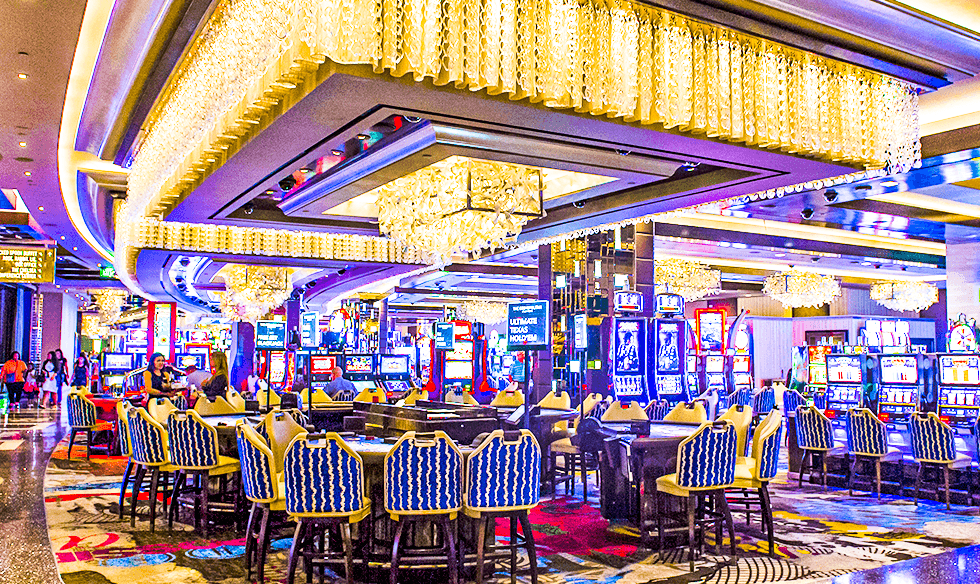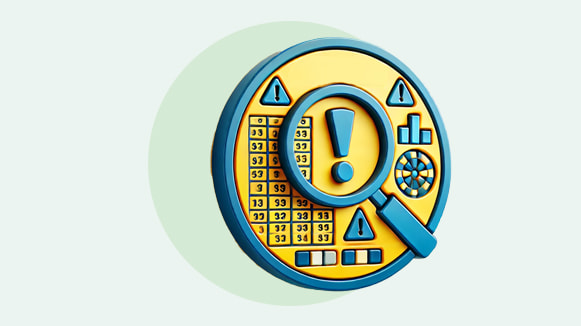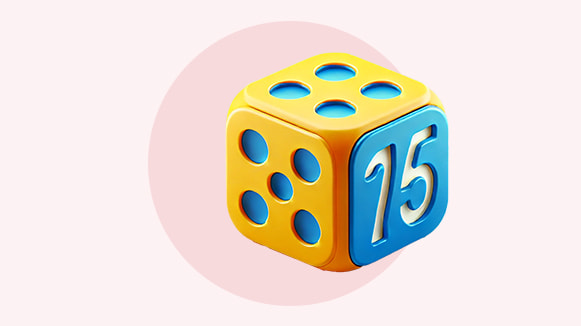Six Secrets of Casino Design
The Roots Of Purposeful Casino Design
There is a purpose to each element of the design. No part of it is accidental. Done correctly, the design of a casino can majorly increase the amount of revenue the house makes. The main goal is to keep customers inside and playing, for as long as possible. This is why casino interiors are a great example of how design can shape and direct human behavior.
The designs of casinos have been constantly evolving since their inception. Casinos first appeared in 17th Century Europe, but spread across the world, and have kept people fascinated ever since. Designers take into account cutting-edge findings on the psychology of design and implement them within casinos. In this field, two important figures are Bill Friedman and Roger Thomas.
Bill Friedman’s Design Principles
Many of the design principles followed by modern casinos are taken from a book called ‘Designing Casinos to Dominate The Competition’, written by a hospitality consultant called Bill Friedman. Friedman spent a long time visiting casinos and gathering data on what made them successful. A gambling addict himself, he wanted to find out what kept people coming and staying to play for hours and hours. Friedman came up with a set of groundbreaking standards that were used all over the world. He also wrote a book on casino management, which was a bible for casino managers who wanted to transform their business and make it profitable. In fact, he was a professor of casino management at the University of Nevada, Las Vegas.
Roger Thomas’s Disruptive Design
More recently, designer Roger Thomas’s model for casinos is increasingly dominating interior design across Las Vegas casinos. A native of Vegas, Thomas has won numerous awards for his disruptive designs in the field of casino interiors. One of Thomas’s earliest projects was the Mirage Hotel and Casino, where he used design psychology to create one of the most successful ventures in Las Vegas. The owners of Mirage spent a whopping $1.6 billion on the re-design, and it definitely paid off. Moving on to the famous Bellagio, Roger Thomas created a space completely different from anything in Vegas at the time. He violated every so-called rule of casino design and ended up establishing a whole new model of his own. Friedman’s and Thomas’s models form the two main schools of thought of casino design.
With these principles in mind, let’s take a look at six casino design secrets you may not have known about.
Design secret #1: Maze Layout
One of the secrets of casino interior design is its maze-like floor plan, as proposed by Bill Friedman. This zig-zag arrangement of gaming tables, slot machines, and more, keeps customers from easily finding the exit. The friction that the maze creates is more effective than you might think. Wandering through the layout of the room, viewers are distracted by each glittering space. They usually stop to check out something or the other, and end up spending more time than they would have.
If the layout had had a clear path toward the exit, they might have gone straight out without pausing. But with the exit doors hidden from view, guests meander through the labyrinth of games, forced to look at each one and consider stopping to play. If you enter a casino, you probably want to gamble, anyway. Maybe you have a game in mind. But if you try to go straight to a blackjack table, for example, you’ll be forced to encounter a poker table, a slot machine, and a roulette wheel. Since you’ve come to gamble, anyway, you’re likely to sit down at one of these games. Before you know it, hours have passed, and you’ve spent more than you intended.
What’s especially clever about this maze design is that it distracts the guest from actually noticing the design itself. They end up only observing what’s on the surface, and don’t get a chance to analyze how their behavior is being influenced. This is one more way in which the understanding of human psychology is used to the house’s advantage. They play on all our weaknesses to get us to do things to their profit.
Design secret #2: No Clocks or Windows
Another important feature of casino design is the lack of clocks within the space. Without the ability to tell time by just looking up from a slot machine or poker table, gamblers are lulled into an illusion of timelessness. Their inaccurate sense of time is the only thing they can rely on.
This devious trick of casino design is something that Bill Friedman came up with, and has been used since. If gamblers have no idea what time of day or night it is, they’re less likely to leave the casino to go back to their ‘real lives’. Without a cue to let them know that it’s time to leave, they stay for much longer than they otherwise would have. This same logic also informs the design element of having no windows. Unable to look outside, customers don’t have an intuitive sense of time. The atmosphere inside stays constant day and night.
Design secret #3: Rich Decor
The opulent decor of casinos also plays a role in their success. By filling the interiors with rich fabrics, fabulous artifacts, glittering antiques, and more, customers begin to feel wealthy themselves. The idea is that occupying a space that feels made for royalty makes you feel royal yourself. Equipped with this feeling, you’re much more likely to feel comfortable placing large bets and spending a long time gambling.
The best part about this style of decor is that the effects manifest in a very subtle manner. You wouldn’t think that fancy decor would make you feel fancy. But it clearly works, because it alters the self-image of the customer to make them feel as though they belong.
Design secret #4: Comfortable Seating
Of course, apart from looking luxurious, the furniture within a casino has to be extremely comfortable. Importantly, it has to feel soft and comfortable for people sitting for long periods of time. Imagine sitting down to play a game on a hard chair or a sofa without armrests. You would probably get up within the hour. For seating and tables to be ergonomically designed is equally, if not more, important than appearance.
Design secret #5: Strategic Placement of Games
The most profitable game in a casino is usually the slot machine. This is why most casinos place slot machines towards the entrance. In doing so, the slot machines are the first thing to catch your eye as you enter. Instead of having to go look for them, they present themselves at the very beginning. This makes it an extremely smooth process to go sit down and start playing. This one little design principle has generated untold amounts of revenue for casinos all over.
In the same vein, games that generally yield less revenue are placed in the margins of casinos. Putting them in hard-to-find nooks means that customers will likely get engaged in more profitable games, even if they originally went looking for the less-profitable ones. Clearly, human beings are far more suggestible than we think!
Design secret #6: Plentiful Amenities
One more feature of casino design is that everything you need is provided close at hand. ATMs, bars, TVs, restaurants, lounges, and restrooms are all located within the casino floor. Customers therefore do not need to leave the floor to access anything they might need short-term. Again, this creates the illusion of time passing very slowly.
Stepping outside the casino would mean the customer is reminded of their commitments and obligations. They might not come back in. But providing everything they need, and making sure that the food, restrooms, etc. are of high quality, keeps customers inside and gambling. Besides, wandering around to make your way to the restroom or bar, you might come across a game that looks inviting and end up sitting down and starting to play.
Frequently Asked Questions
Now that we’ve explored the key secrets of casino interior design, let’s address some of the most frequently asked questions on this topic. Most people don’t have an idea of how crucial casino design is to the customer’s experience, along with operations and security. We will underline the importance of design in the following FAQs.
How do you design a casino?
Casinos are designed with great care. Designers aim to lay out the games and furniture in the casino so as to keep people playing for as long as possible.
Is casino design important?
Casino design is of paramount importance to the success of a casino. Good design can dramatically increase the revenue of a casino, while bad design can put it in the red. For more on casino revenue, check out this article on the US gaming industry.
What games are in a casino floor plan?
Games that are commonly found on the casino floor include table games, gaming machines, and random number games. Some popular table games are roulette, blackjack, craps, baccarat, and poker. Some gaming machines are slot machines, video poker, and pachinko.




